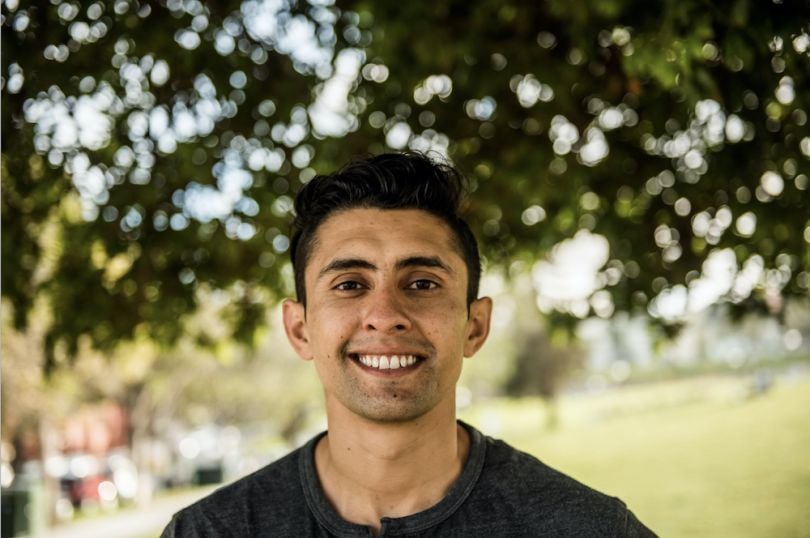
Digital payment and software companies are working to keep up the pace in order to help manage challenges for businesses brought on by the pandemic. Payment infrastructure startup Finix is offering these SaaS enterprises a way to manage their payments the same way they do web services.
“COVID is changing the way that we go about our daily lives, in terms of how we work, how we communicate, how we shop ... and really what this represents is a fundamental shift in the way that we experience commerce,” Richie Serna, CEO and co-founder of Finix, told Built In.
The business is gaining momentum and the attention of investors. The San Francisco-based company announced it raised $30 million in a Series B extension on Wednesday. The round, which now totals $75 million, was led by Lightspeed Venture Partners and American Express Ventures.
Eyes on Growth
Finix aims to provide businesses with a better way to own, manage and monetize their entire payments experience without the expenses traditionally associated with building an in-house system from scratch. In short, the company’s platform enables software companies to embed payments. As a result, companies gain a new revenue stream and hopefully provide a better consumer experience to their customers.
In addition to advancing product development, the additional capital will be used to more than double the size of the startup’s 85-person team. Multiple roles are available in engineering, product and design.
For Serna, a first-generation Mexican American raised in Santa Ana, diversity is a top priority when it comes to building his team.

“It's not just about filling the seats. It’s about creating a really accepting and diverse community of people that are hardworking, have strong core values, and really believe in the mission that we’re trying to create,” Serna said. “We’ve always really taken a lot of pride in that and it’s something that we continue to build upon.”
‘Who's Gonna Fund You?’
Serna’s journey to success has been speckled with doubt and criticism from friends and peers alike. When he first arrived at Harvard University to study political science, Serna also expressed interest in taking a computer science class. A classmate at the time told him that, unless he had been learning to code since the age of 10, he shouldn’t even bother.
Serna took the criticism in stride and instead entered a consulting position for two and a half years after graduating. He next tried out the world of investing and didn’t have much luck there.
“I just couldn’t get a job. I just kept going after job after job getting to the final round of interviews and couldn’t get it over the line, and so I was like, you know what? I’m gonna go and start my own company,” Serna said.
When he presented the idea to a friend in the venture capital world, he was again met with doubt. Serna says he was told: “You can’t code, your parents aren’t rich, and you’ve never worked at a rocket ship startup. Who’s gonna fund you?”
In 2013, Serna packed his bags and moved to a “hacker house” in San Francisco to learn the basics of software engineering. He soon landed an engineering role at another Bay Area fintech startup, Balanced. Two years later, Serna went on to co-found Finix with his business partner, Sean Donovan.
“I just fell in love with the [fintech] industry ... mostly because it’s so complex, it’s an industry that touches everybody. Every single day we interact with payments and we don’t even think about it,” Serna said. “The ecosystem that powers the behind-the-scenes is incredibly insane and sophisticated. It’s something that we’re proud to continue to push forward in terms of innovation.”
The Future of Fintech
Recently, Finix adjusted its payment offerings to serve small businesses, a change that quadrupled the amount of payments made on the platform, according to the company.
Serna is confident about what the future holds for Finix.
“Screw that person who said that I couldn’t learn how to code,” Serna said. “We see a world in the not-too-distant future where there’s going to be 10 Stripe-sized startups in the fintech world. We’re confident that those 10 companies will have been started in the last three to five years, and we think that we’re going to be one of them and the other nine are going to be built on top of us.”
The company’s clients include an array of businesses from retail point-of-sale companies to cash-flow platforms. Passport Labs, Clubessential, Lightspeed POS, Kabbage and more use the Finix platform to streamline their payments infrastructure.
Finix has raised $96 million in venture capital to date, according to Crunchbase.



